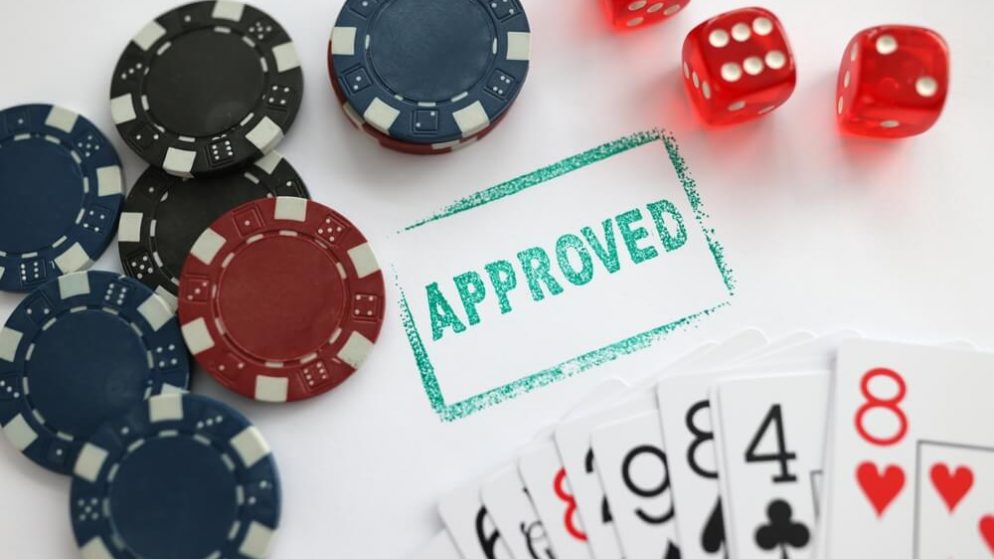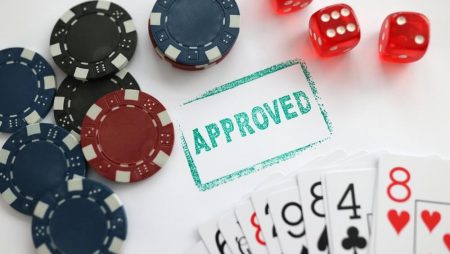

The Governor of New Jersey, Phil Murphy, last year signed into law a bill that the lawmakers of the Garden State had earlier approved. According to the new law, casinos operating in this jurisdiction will have a new formula to abide by when paying their property taxes. This new development has not been well received by the county officials of NJ resulting in a heated court battle. Regardless of the position of the court in this matter, it is going to start an even larger controversy with the lawmakers on one side and Atlantic County officials on the other.
Now that the matter is with the courts, it is upon the judge of the Superior Court, Joseph Marczyk, to offer a sound ruling on the case. He is expected to issue a written order to suspend the new law which will in turn have saved the casino industry owners from the new tax dispensation. Speaking a few days after the court injunction was filed the judge revealed that he would be listening to both sides before making a conclusion.
Reporting on the matter, the Atlantic City Press gave details on the circumstance under which the judge spoke. Upon listening to oral statements on why the new law was going to hurt business at the state and county level, Marczyk accepted on a preliminary hearing.
What we cover
NJ Legislator’s Betrayal of AC
The senior New Jersey court official has given hope to the casino industry drivers of AC following his promise to hear their case. Even though the new law had its place when the financial performance was good, the New Jersey government did not consider it. Instead, they went ahead to pass into law, a bill that many gambling investors consider to be exploitative. This move waters down all the positive efforts that the government of Murphy had pushed over the years in favor of gambling.
It is easy to pick up malice in the passing of this bill considering the short period over which the law had been debated. The PILOT law in its amended form was approved a few days before Christmas Day 2021. According to this version of the PILOT, the casino fees had been drastically reduced through the omission of sports gaming and internet gaming when calculating gaming revenue.
The casino investors of Atlantic City assert that this new law bears significant changes compared to the 2018 settlement agreement. If the terms of the new PILOT are effected, it would mean that the casino industry stands to lose $15 million to $26 million in revenue through to 2026. According to State Attorney John Lloyd, the lawmakers were at liberty to interpret “gross gambling revenue” as they pleased. Lloyd argues that the legislature could made gambling definitions that do not rely on the 2018 agreement.
Marczyk was concerned with the fact that the inclusion or omission of certain gaming products would be allowed as per the new law. Given that the judge could not immediately make sense of the manner in which the state wanted to interpret gaming revenue, the case must be comprehensively heard for it to be determined.
Lloyd is quick to add that the state was aware of its responsibility to protect the greater public system and would not take action to act in violation of its mandate. With school and city systems among the most protected by the state, the lawmakers saw it fit to create PILOT legislation as a help channel that would offer reprieve to all gambling stakeholders after tax assessments determined that they were too high.
Subjective Law Interpretation
According to a press release by the Atlantic City Press, county executive Dennis Levinson added his remarks to the input from the state. Referring to the case of the state as strange, his question was, “What are we taxing (casinos) on, valet parking?”
In defense of the state and to make the judge make sense of their position, Lloyd argued that “gross gambling revenue” could only be determined by the New Jersey Division of Gaming Enforcement and never by consent orders nor PILOT laws.
Speaking on behalf of the Atlantic City casino officials, attorney Ron Riccio argued that the judge should issue a consent order after having listened to and understood the all revenue accrued from gambling activities of all forms must feature in PILOT calculations. He reported that this trend had been enforced in managing casino levies for many years. Reiterating the remarks made by the law’s sponsor in the Senate, former Senate President Steve Sweeney, Riccio reminded all present parties that the Senate Budget and Appropriations Committee at the time heard that the original PILOT bill had made tremendous contributions to the PILOT bill.
For many people, especially those in favor of state authorities, the new law is aimed at decreasing the tax payable to the county. This point was denied vehemently by Lloyd, stating in his defense that the manner in which taxable income is arrived at is determined by the New Jersey Division of Gaming Enforcement. He adds that the revenue streams from gambling have diversified over time, and as a responsive state, had a duty to adjust to align with the times.
Lloyd is certain that the judge before whom the petition has been tabled will act in consideration of the welfare of the parties involved. In a few weeks, there will be a decision regarding the matter but Lloyd suspects a further uprising regardless of where the axe is going to fall.
Conclusion
Gambling tax is a major income earner for states that have streamlined their betting markets. For the Atlantic City county government, the large number of casinos operating there is a direct reflection of the amount of revenue that they rake in. This might be the reason they now feel threatened by the new PILOT bill that has already been signed into law.





